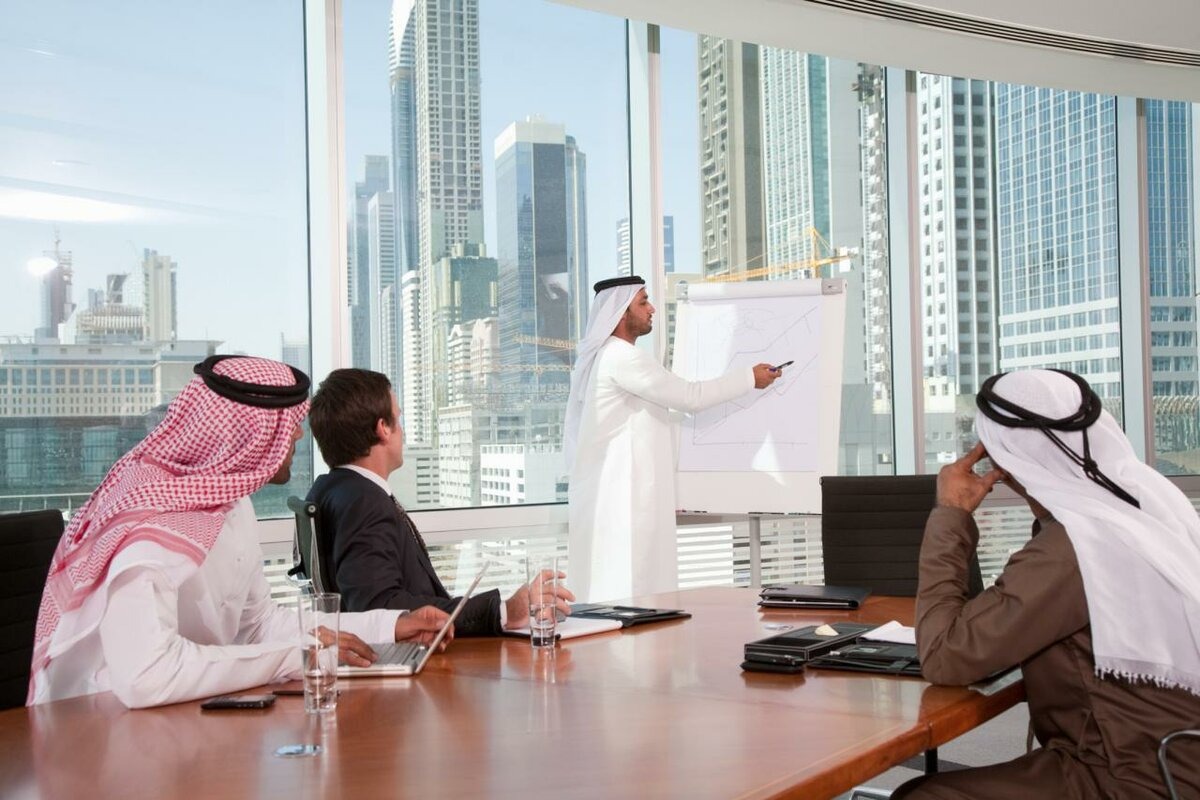Dubai’s automotive industry is a fast-growing sector, driven by a surge in demand for innovative and efficient vehicles. Central to this growth is the role of plastic fabrication, which has become an essential component in modern automotive manufacturing. This article explores how plastic fabrication meets the demands of the automotive industry in Dubai, highlighting key applications, innovations, and future trends.
The Role of Plastic Fabrication in Automotive Manufacturing
Plastic fabrication offers numerous advantages over traditional materials like metal and glass in automotive manufacturing. These advantages include:
- Weight Reduction: Plastics are significantly lighter than metals, contributing to overall vehicle weight reduction. This leads to better fuel efficiency and lower emissions, aligning with global environmental standards.
- Cost Efficiency: The production and assembly of plastic components are often more cost-effective than their metal counterparts. This cost-saving aspect is crucial for automotive manufacturers looking to maximize profitability.
- Enhanced Design Flexibility: Plastics provide greater design flexibility, allowing for more complex shapes and integrated features. This flexibility is essential for modern vehicle aesthetics and functionality.
Key Automotive Applications of Plastic Fabrication
Plastic fabrication is utilized in various automotive components, both interior and exterior, as well as under-the-hood applications:
- Interior Components: Dashboards, console panels, and seating structures are commonly made from fabricated plastics. These components benefit from plastics’ durability, ease of molding, and lightweight properties.
- Exterior Components: Bumpers, body panels, and lighting fixtures often use plastic fabrication due to their impact resistance and aesthetic appeal.
- Under-the-Hood Applications: Engine covers, air intake manifolds, and battery housings are manufactured using advanced plastic fabrication techniques. These components require materials that can withstand high temperatures and mechanical stress.
Innovations in Plastic Fabrication for the Automotive Sector
Dubai’s automotive industry is leveraging several cutting-edge innovations in plastic fabrication, including:
- Advanced Materials: The use of carbon fiber-reinforced plastics and other high-performance composites is increasing. These materials offer superior strength and weight reduction.
- 3D Printing and Additive Manufacturing: These technologies allow for rapid prototyping and production of complex parts with high precision.
- Injection Molding Advancements: New injection molding techniques improve production efficiency and part quality.
- Composite Materials: The development of hybrid materials combines the best properties of different plastics and fibers, enhancing overall performance.
Case Studies: Successful Implementation in Dubai
Dubai’s automotive sector showcases several successful implementations of plastic fabrication:
- Example 1: A leading local automotive company has integrated plastic fabrication into its production line, resulting in lighter and more fuel-efficient vehicles.
- Example 2: Collaborative efforts between automotive manufacturers and plastic fabricators in Dubai have led to innovative designs and improved vehicle performance.
These case studies highlight the tangible benefits of adopting advanced plastic fabrication techniques in the automotive industry.
Challenges and Solutions in Automotive Plastic Fabrication
While plastic fabrication offers numerous advantages, it also presents challenges that need to be addressed:
- Quality Control and Consistency: Ensuring uniform quality across mass-produced parts is critical. Advanced monitoring and testing methods help maintain high standards.
- Environmental Concerns: The automotive industry is under pressure to reduce its environmental footprint. Recycling initiatives and the use of sustainable plastics are essential steps in this direction.
- Cost vs. Innovation: Balancing the cost of innovative materials and technologies with the need for profitability remains a key challenge. Strategic investments in research and development can help achieve this balance.
Future Trends in Automotive Plastic Fabrication
The future of plastic fabrication in Dubai’s automotive industry looks promising, with several trends emerging:
- Sustainable and Recyclable Plastics: There is a growing emphasis on using eco-friendly materials that can be recycled, reducing the industry’s environmental impact.
- Integration of Smart Technologies: Plastics embedded with sensors and electronics are becoming more common, enhancing vehicle functionality.
- New Composite Materials: Ongoing research into new composite materials promises even better performance and durability for automotive components.
Conclusion
Plastic fabrication plays a vital role in meeting the demands of Dubai’s automotive industry. Its advantages in weight reduction, cost efficiency, and design flexibility make it indispensable in modern vehicle manufacturing. As the industry continues to innovate, the future of plastic fabrication looks bright.
To learn more about how acrylic technologies are shaping various industries, check out services like Acrylic UV Printing Service in Dubai, Acrylic Plastics in Dubai, and Acrylic Glass Suppliers in Dubai.









